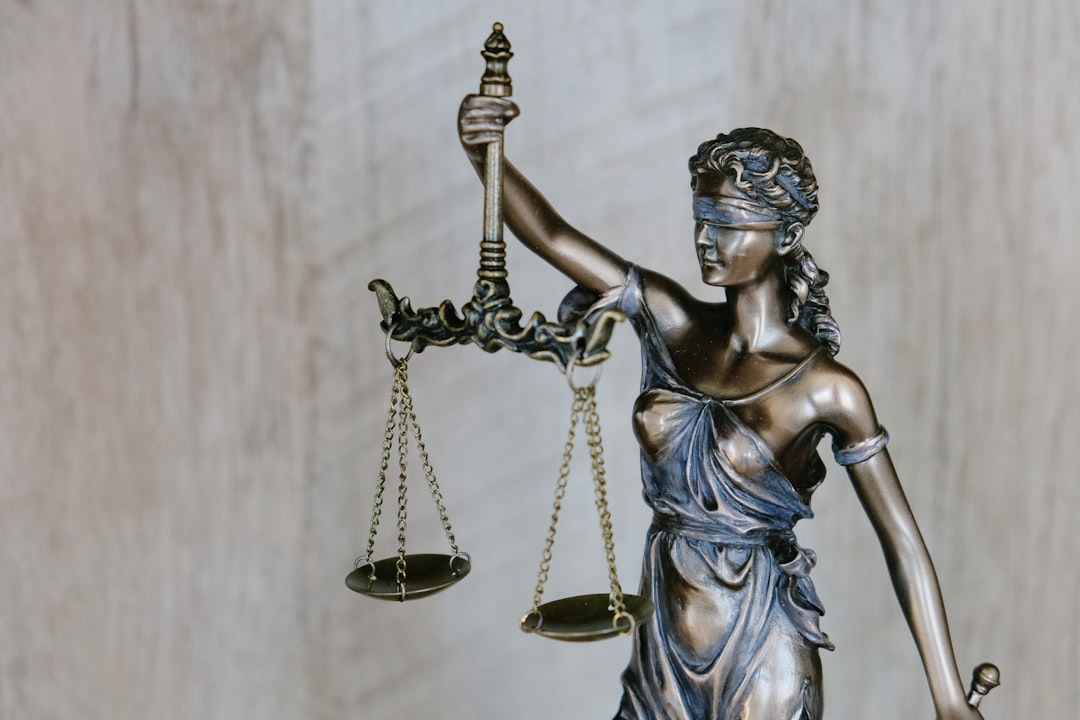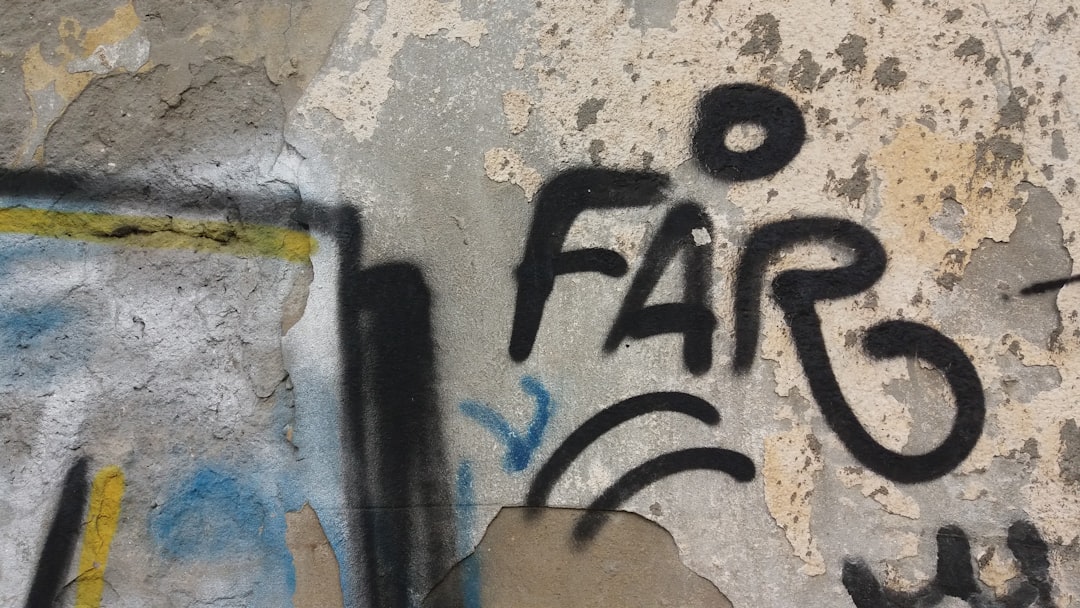In St. Louis, MO, support for sexual assault victims is a multifaceted network encompassing legal aid, emotional healing, and community outreach. Understanding local laws and knowing where to turn can be transformative. This article guides you through the process, from navigating sexual assault laws with a St. Louis MO sexual assault lawyer to accessing support organizations, understanding your rights, and exploring resources for emotional recovery. It also delves into preventative measures and community initiatives aimed at fostering safety and healing.
Understanding Sexual Assault Laws in St Louis MO

In St Louis, Missouri, understanding the laws surrounding sexual assault is crucial for victims seeking justice and support. If you or someone you know has experienced sexual violence, it’s essential to be aware of your rights. A sexual assault lawyer in St Louis MO can provide invaluable guidance on navigating these legal complexities.
The first step involves reporting the crime to local law enforcement. St Louis has dedicated sexual assault units that handle such cases sensitively and professionally. A victim advocate can also accompany you during this process, offering emotional support and helping you understand your rights to medical care, counseling, and legal protections. A sexual assault lawyer in St Louis MO will ensure that your rights are respected throughout the legal journey.
Local Support Organizations for Victims

In St. Louis, MO, victims of sexual assault can find support from several dedicated organizations. These groups offer a range of services, including legal aid, counseling, and advocacy. One notable resource is the Sexual Assault Legal Institute (SALI), which provides free and confidential assistance to survivors, including connecting them with experienced sexual assault lawyers in St. Louis. They navigate the legal system, ensuring victims’ rights are protected.
Additionally, local chapters of national organizations like RAINN (Rape, Abuse & Incest National Network) offer a 24/7 hotline and support groups. These initiatives create safe spaces for sharing experiences and receiving emotional support. With such comprehensive resources available, St. Louis residents affected by sexual assault can access the help they need to heal and rebuild their lives.
Legal Rights and Steps After an Assault

Emotional Healing Resources in the Area

In the aftermath of a sexual assault, emotional healing is a crucial step in recovery. St. Louis, Missouri, offers a range of resources to support victims navigating this challenging time. Local non-profit organizations and community centers provide safe spaces where individuals can connect with peers who understand their experiences, access counseling services, and learn coping strategies to process trauma. These initiatives foster a sense of belonging and empowerment.
Victims may also benefit from seeking help from a sexual assault lawyer in St. Louis MO, who can offer legal guidance and advocacy during the justice process. Additionally, healthcare facilities across the city are equipped with specialized teams trained in handling sensitive cases, ensuring victims receive physical care and emotional support tailored to their unique needs. These comprehensive services work together to facilitate healing and empower survivors to rebuild their lives.
Preventative Measures and Community Outreach

In addition to providing legal support, a crucial aspect of helping sexual assault victims in St. Louis involves preventative measures and community outreach. Local organizations and initiatives focus on educating communities about consent, healthy relationships, and recognizing signs of potential abuse. These efforts aim to create a culture where sexual violence is less likely to occur.
Community outreach programs often include workshops, school presentations, and public awareness campaigns that target at-risk populations. By engaging with young people, these initiatives teach them about their rights, how to give and receive consent, and how to identify and report suspicious behavior. Equipping individuals with this knowledge empowers them to make informed decisions and potentially prevent future instances of sexual assault. Additionally, having a network of supportive resources readily available ensures that victims feel heard, understood, and supported during difficult times, with the ultimate goal of fostering safety and healing within the community.





